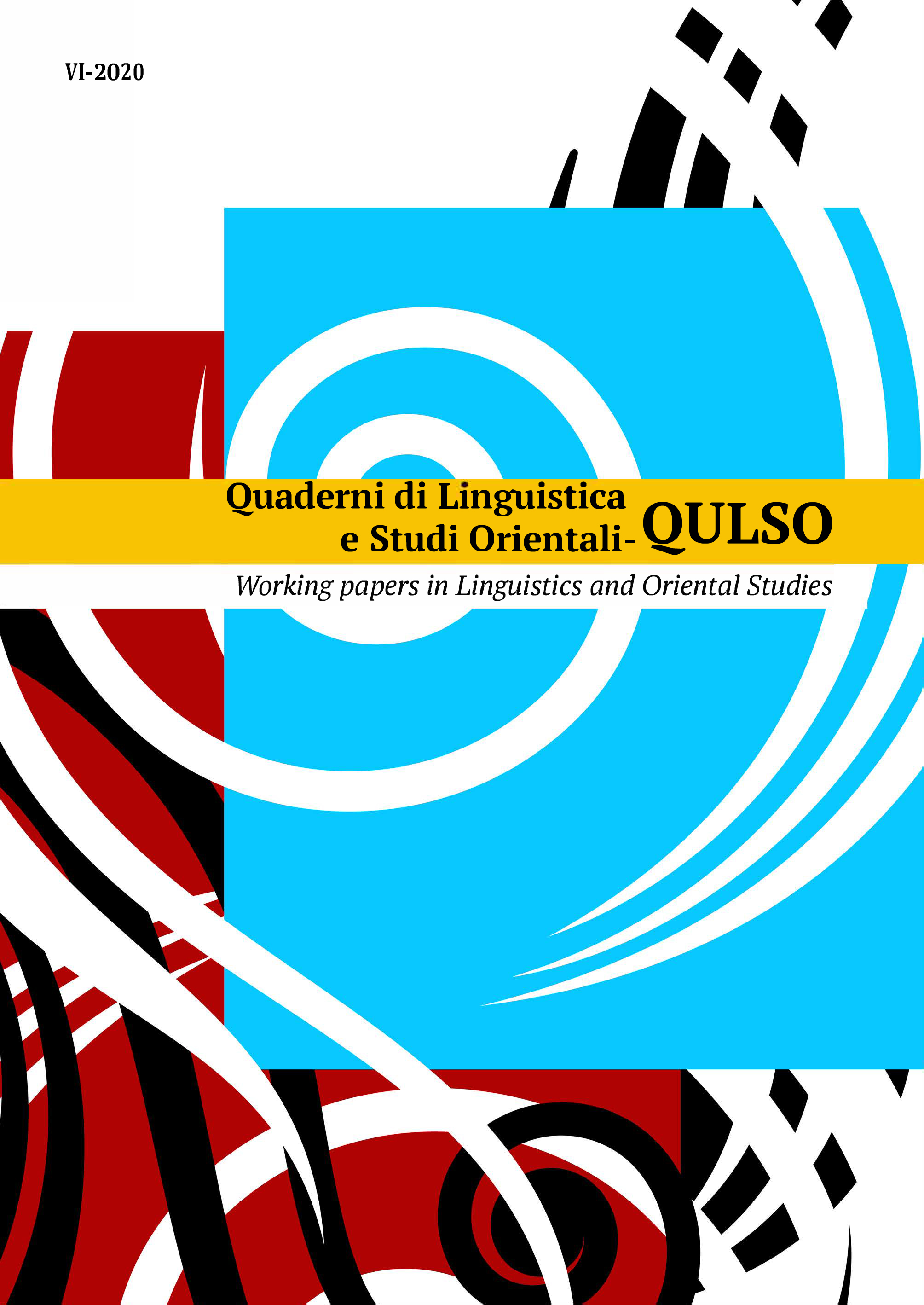Published 2020-09-10
Keywords
- Applicative,
- Clitic Doubling,
- Defective Intervention,
- Indo-Iranian,
- Romance
How to Cite
Abstract
In this paper we will show that there are two types of languages which involve different mechanisms in obviating Minimality Violations/Defective Intervention and Case opacity: Agreement languages of Punjabi/Icelandic-type with default agreement and Movement languages of Romanian/Spanish-type with phi-feature movement in form of cliticization. On the basis of rich empirical data we show that Case Opacity represents a case of defective intervention in agreement as the features of the phases introducing the oblique arguments block the agreement with the verb. Potential counterexamples can be accounted for by assuming that (oblique) clitics, in some languages, do not always move to T, so that the phi-features of the arguments they introduce still intervene and give rise to default agreement (as in Vafsi and some other Western Iranian varieties). Our approach has theoretical implications for the theory of case, cliticization and linear order.



